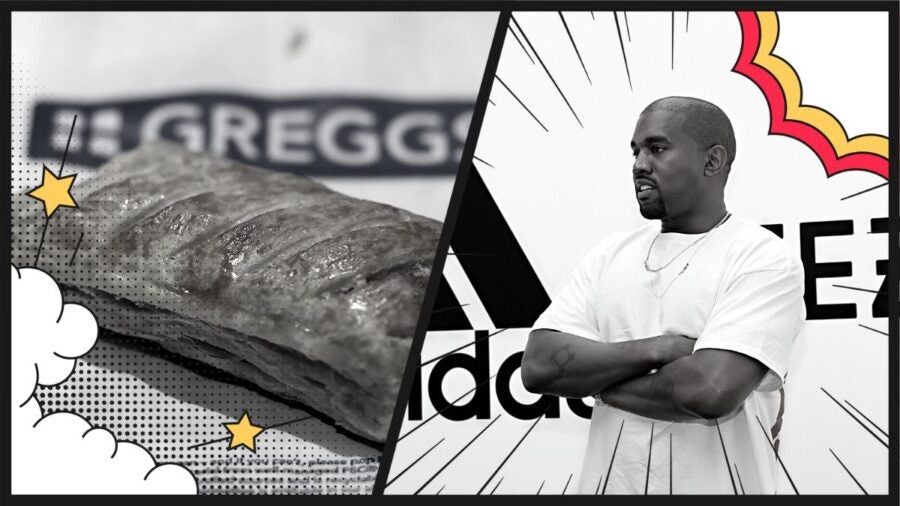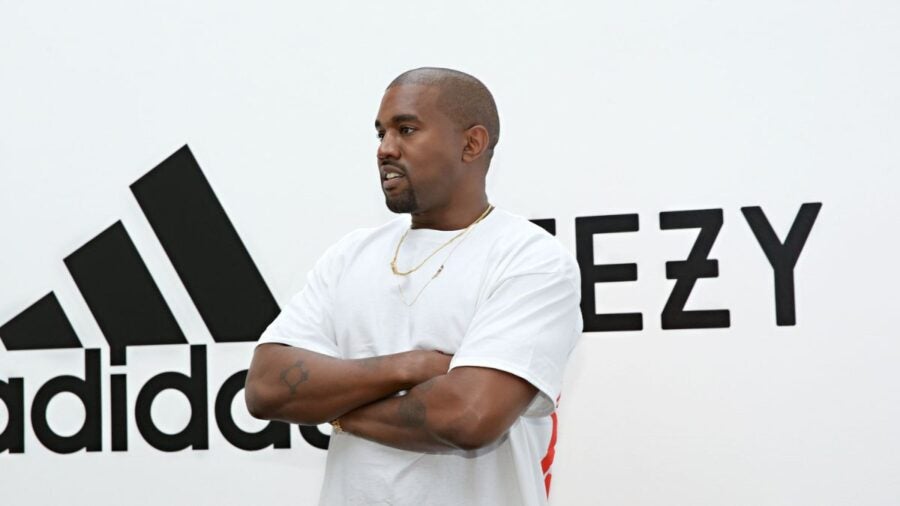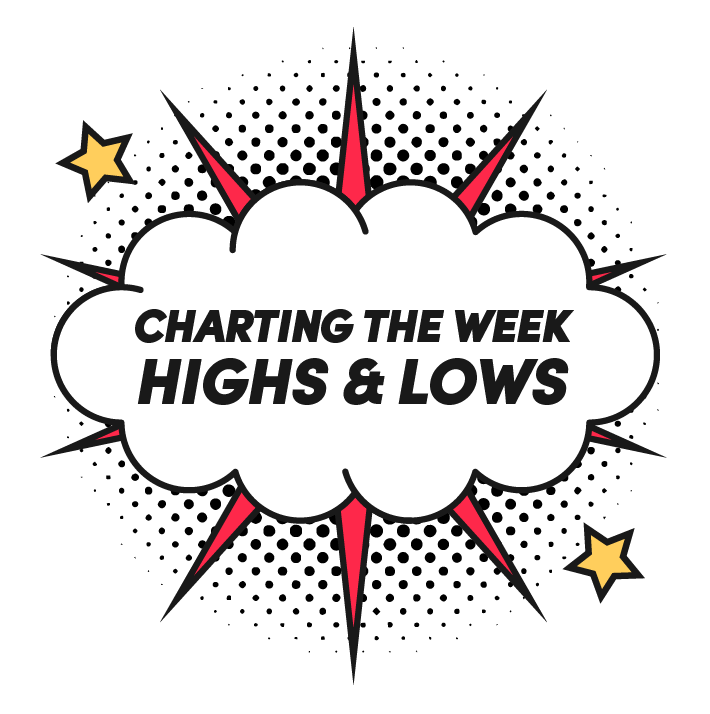
High: all gravy for Greggs
In news that will please sausage roll fans, Greggs has announced major expansion plans as it looks to build on a successful 2022. Preliminary results revealed that sales at the popular bakery chain were up 23% last year, hitting a record high of £1.5bn.
Off the back of the positive financial figures, its CEO Roisin Currie revealed new targets to open 150 new branches a year, taking its total number of stores to more than 3,000 in the years ahead. As part of its plans, Greggs is also extending opening hours at a number of its bakeries and will begin trials of a 24-hour drive-thru.
The continued popularity of the baker’s wares shows that cost is at the forefront of customers’ minds as inflation continues to cut into people’s spending power. “Customers are seeking out great quality and great value, and that’s exactly what we offer,” explained Currie.
Inflation has taken its toll on the business too – the price of Greggs’ sausage rolls has risen from £1 in 2021 to £1.20 as the costs of ingredients and energy have escalated. However, this seems unlikely to dent its ambitions, with the company confident that its value proposition will remain “compelling” for customers throughout 2023.
And it’s not just Greggs’ customers that will be appreciating the extra pennies in their pockets. The 1.9% uptick in pre-tax profits mean that its 25,000 employees are set to share a bonus payout of £16.6m – putting an average of £660 extra in staff paypackets at the end of this month.
Low: Yeezy does it for Adidas

Adidas is set to post its first annual losses in over three decades as its acrimonious split with US rapper Ye (formerly Kanye West) continues to wreak havoc on its financial figures.
The sportswear brand took the decision to terminate its partnership with the divisive hip-hop star and fashion designer after he made a series of antisemetic remarks on social media and in interviews last year.
The abrupt departure has left the company with a headache over what to do with its €1.2bn (£1bn) worth of leftover Yeezy-branded products. Recently appointed CEO Bjørn Gulden debated whether to rebrand, burn or donate the remaining stock on a call with analysts, noting that selling the items could carry a “reputational risk” for the footwear company.
Outlining the worst-case scenario, Gulden estimated that writing off the inventory, combined with a poor performance in China, could mean Adidas faces an operating loss of €700m (£622m) in 2023.
The ongoing fallout should paint a cautionary tale for other brands seeking celebrity endorsements. Once described by Adidas as “one of the most successful collaborations in our industry’s history”, the partnership had left the German footwear brand over-reliant on sales of Ye’s products, with some analysts estimating they contributed to 15% of Adidas’ net income.
A reluctance to lose the $1bn-plus of annual sales that his trainers brought the business made Adidas slow to act when cutting ties with Ye. This has left the company open to accusations that it turned a blind eye to some of his more controversial escapades and certain executives are still facing allegations that “their moral compass” was switched off over their failure to take decisive action after employees accused Ye of showing them explicit photos in the workplace.
Gulden, who was poached from industry rival Puma, now faces an uphill battle to restore Adidas’ image and return the company to profitability.
Chart of the week: Childcare costs drive gender pay gap
A lack of affordable childcare is holding back women in the workplace, according to PWC’s latest Women in the Workplace report, released this week. British childcare costs are among the highest in the OECD, leaving many women with no choice but to drop out of the workforce. A couple here earning the average wage will spend 29% of their income on childcare, compared with 1% in Germany, 3% in Austria and 5% in South Korea.
The annual index rates OECD countries on their progress against key indicators including the gender pay gap, female labour force participation rate and female unemployment rate. The UK dropped five places this year, which PWC blamed largely on increasing childcare costs.
“The motherhood penalty is now the most significant driver of the gender pay gap and, in the UK, women are being hit even harder by the rising cost of living and increasing cost of childcare,” Larice Stielow, senior economist at PwC, commented. “For many it is more affordable to leave work than remain in employment and pay for childcare, especially for families at lower income levels.”
It is a stark warning that if the government is serious about its plans to get more people back into work, bringing down the cost of childcare must feature prominently in next week’s Budget. That could include cutting taxes on care or making it easier for working families to access universal credit support. If not, we might soon see much of our progress on gender equality come undone.

High: all gravy for Greggs
In news that will please sausage roll fans, Greggs has announced major expansion plans as it looks to build on a successful 2022. Preliminary results revealed that sales at the popular bakery chain were up 23% last year, hitting a record high of £1.5bn.
Off the back of the positive financial figures, its CEO Roisin Currie revealed new targets to open 150 new branches a year, taking its total number of stores to more than 3,000 in the years ahead. As part of its plans, Greggs is also extending opening hours at a number of its bakeries and will begin trials of a 24-hour drive-thru.

